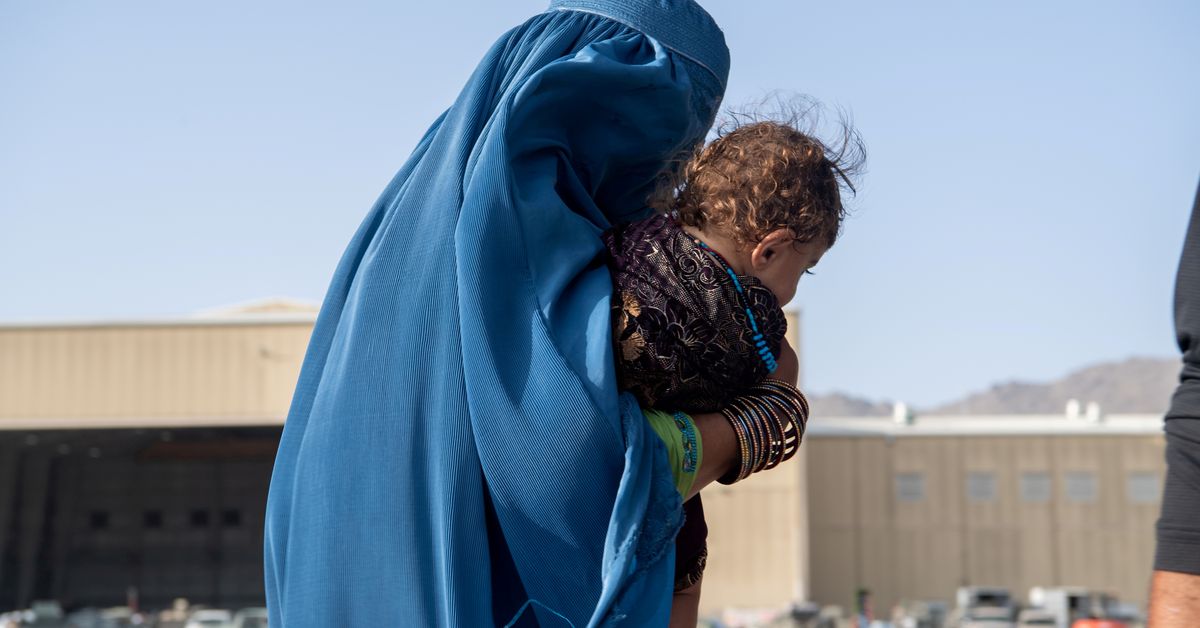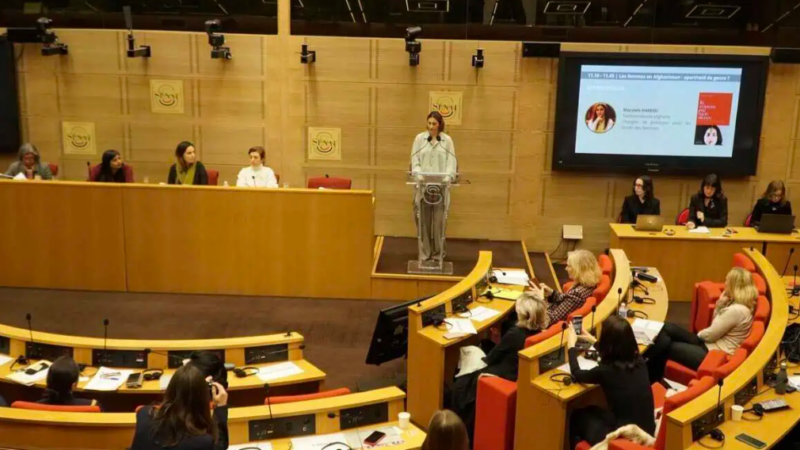Taliban releases new religious guidelines; another way to control women

Kabul, Afghanistan: Taliban as issued religious guidelines. According to journalists and experts, these guidelines are just another way of controlling the women of the country.
Almost 100 days into its regime, the Taliban has asked female journalists to follow a dress code and called on TV stations to stop showing soap operas featuring women, sparking fears over women’s rights and media freedom.
“These are not rules but a religious guideline”, said Akif Muhajir, spokesman for the Ministry for the Promotion of Virtue and Prevention of Vice.
However, activists fear it could be misused to harass female journalists, many of whom have already fled the country in the wake of the Taliban’s takeover on August 15.
Zahra Nabi, a broadcast journalist who co-founded a women’s television channel, said she felt cornered when the Taliban resumed power, and chose to go off-air the very same day.
“All the media is under their (Taliban) control,” Nabi, who established Baano TV in 2017.
The network that was once run by 50 women was a symbol of how far Afghan women have come since the Taliban’s first stint in power in the 1990s.
With most of the network’s crew members now gone, Nabi has remained adamant about doing her job, and like many other established journalists in Afghanistan, she has had to work under the radar.
“We work in a very tough environment, and are even collecting reports under the burqa,” Nabi said, referring to an outer garment worn to cover the entire body and face used by some Muslim women.
In recent months, the Taliban have imposed several strict rules affecting women’s education as well as depriving them of basic human rights.
In addition to this, the Taliban also replaced the Ministry of Women Affairs building with the Ministry of Vice and Virtue.
Following this, a number of women’s rights activists said that the removal of the women’s ministry is against the commitment of the Taliban regarding women’s right to work.
Meanwhile, the Taliban, after the siege of Afghanistan, has been trying to deliver a moderate image to the world in an attempt to gain international confidence but experts believe that Afghan women are most likely to face an uncertain future under the terrorist group regime.
According to the international security director at the Asia-Pacific Foundation: “Women’s lives [from 1996 to 2001] were very bleak and severely repressed by the Taliban. You’re looking at an era where every aspect of a woman’s life was controlled, contained, and confined.”






